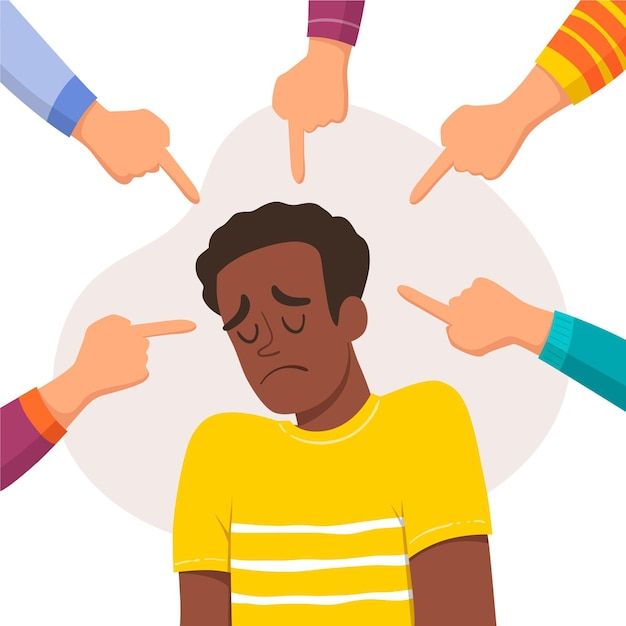
Substance use disorders (SUDs) are among the most misunderstood and stigmatized conditions in society today. Despite advancements in our understanding of mental health, individuals with SUDs often face judgment and isolation, which can impede their recovery and access to needed care. Stigma surrounding substance use disorders manifests through stereotypes, discrimination, and social exclusion. Common misconceptions include viewing addiction as a moral failing or a matter of weak willpower, rather than as a complex medical condition. This stigma is perpetuated by media portrayals, societal attitudes, and sometimes even the language used by healthcare professionals, which can reinforce negative stereotypes.
Impact on Individuals: The consequences of stigma are profound and multifaceted. Fear of judgment may prevent individuals from admitting they have a problem and seeking the help they need. Stigma can exacerbate feelings of shame and low self-esteem, leading to increased isolation and depression, which can, in turn, fuel further substance use. Moreover, it can impact an individual’s opportunities for housing, employment, and social relationships, severely limiting their ability to lead a fulfilling life.
Breaking the Cycle: To combat the stigma of substance use disorders, a multi-faceted approach is required:
- Education: Increasing public and professional awareness about SUDs as legitimate medical conditions can challenge prevailing stereotypes. Educational programs should aim to demystify addiction, highlight the biological factors involved, and promote empathy.
- Person-first Language: Language plays a crucial role in shaping perceptions. Using person-first language such as “person with a substance use disorder” instead of “addict” can help reduce stigma and emphasize the humanity of those affected.
- Recovery Stories: Sharing success stories of individuals who have recovered from SUDs can provide hope and reduce stigma. These narratives highlight the possibility of recovery and the varied, individual paths people take to get there.
- Policy Change: Advocating for policies that ensure equal treatment and protection for individuals with SUDs in healthcare, employment, and housing is essential. Policies should also focus on expanding access to comprehensive treatment options.
The stigma surrounding substance use disorders is an ingrained issue that requires persistent and informed efforts to eradicate. By educating the public, adjusting the way we speak about addiction, celebrating recovery, and advocating for equitable policies, we can begin to dismantle the barriers that stigma creates. This not only aids in the recovery of individuals but also enriches society by embracing compassion and understanding over judgment and exclusion. Understanding and addressing these hidden struggles is key to building a more inclusive and supportive community for all.